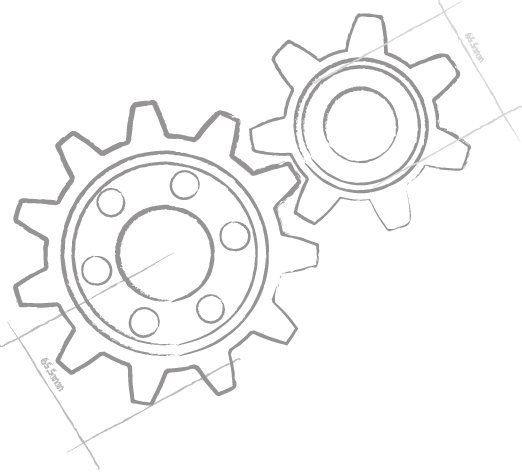What's new in Oxygene 6.2
Oxygene 6.2 is a small update release. Despite the minor version number increase, it does not include many major new features, and mostly focuses on enhancements and bug fixes. It does, however, bring with it some significant compiler architecture changes and improvements in preparation for the upcoming Oxygene 7 and Hydrogene releases next Spring, justifying the version number increase.
Features
Our Cirrus APIs for Aspect Oriented programming (AOP) now support creating and applying aspects for Cocoa and Java projects. Aspects for any platform continue to be written using Oxygene for .NET.
Also, Oxygene now comes with the new Visual Studio 2013 Shell included, for users who do not own Visual Studio 2013 yet. Of course, Oxygene will continue to integrate with existing installs of both Visual Studio 2012 and 2013, and the Visual Studio 2012 Shell can still be obtained, if needed, by installing the October 2013 release.
New Compiler Magic Functions have been added in two areas.
The four interlocked*() functions, previously introduced for Cocoa, are now supported on the .NET platform, too. (Unfortunately, the Java platform lacks the necessary underlying support to make these available across all three platforms.)
- interlockedInc()
- interlockedDec()
- interlockedExange()
- interlockedCompareExchange()
In addition, new functions have been added to obtain the current class, method name, filename and other metadata for debugging and logging purposes.
- currentLineNumber()
- currentFileName()
- currentMethodName()
- currentClassName()
- currentMethodSignature()
Check out RemObjects C#, Swift or Iodine (Java)!

